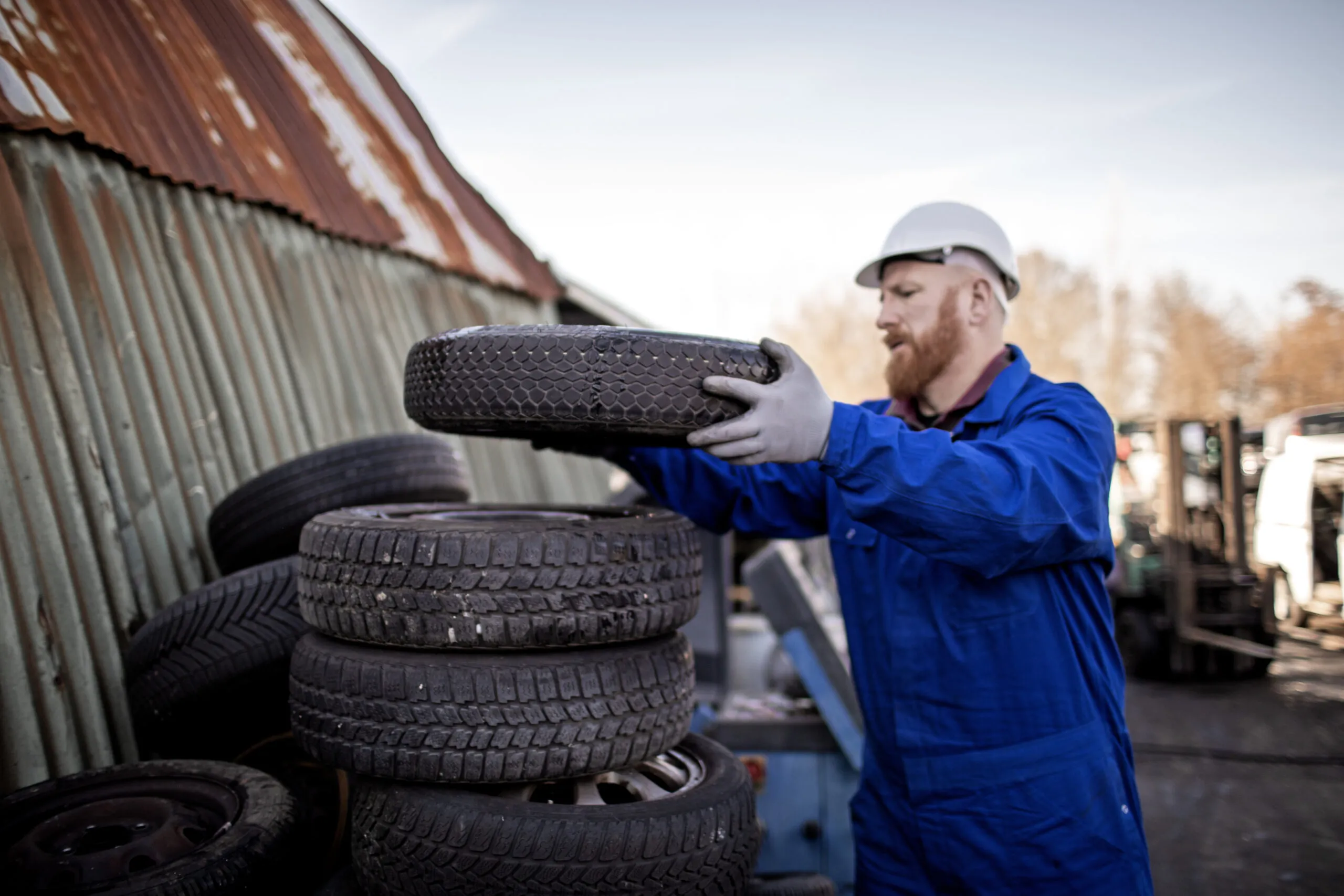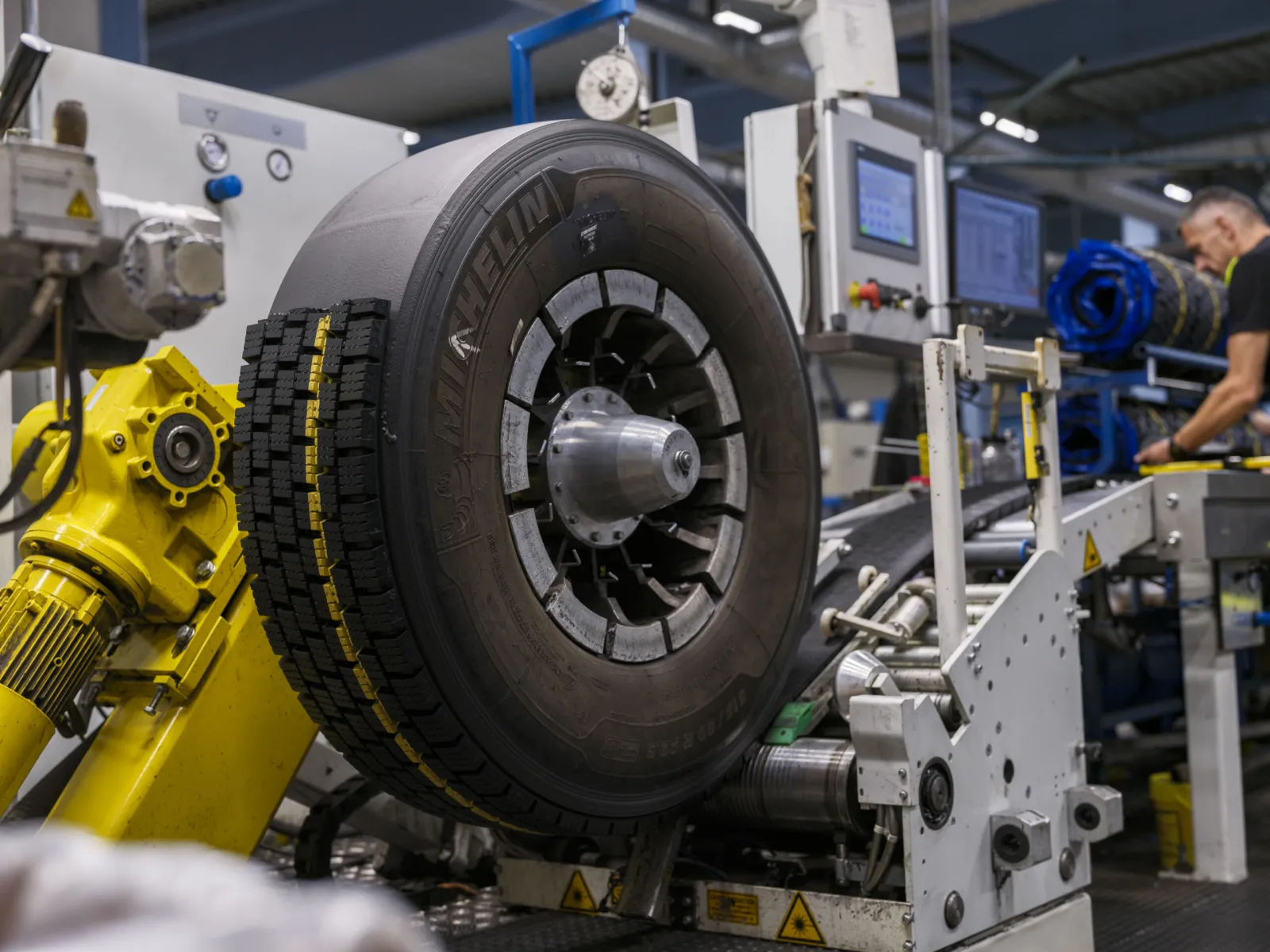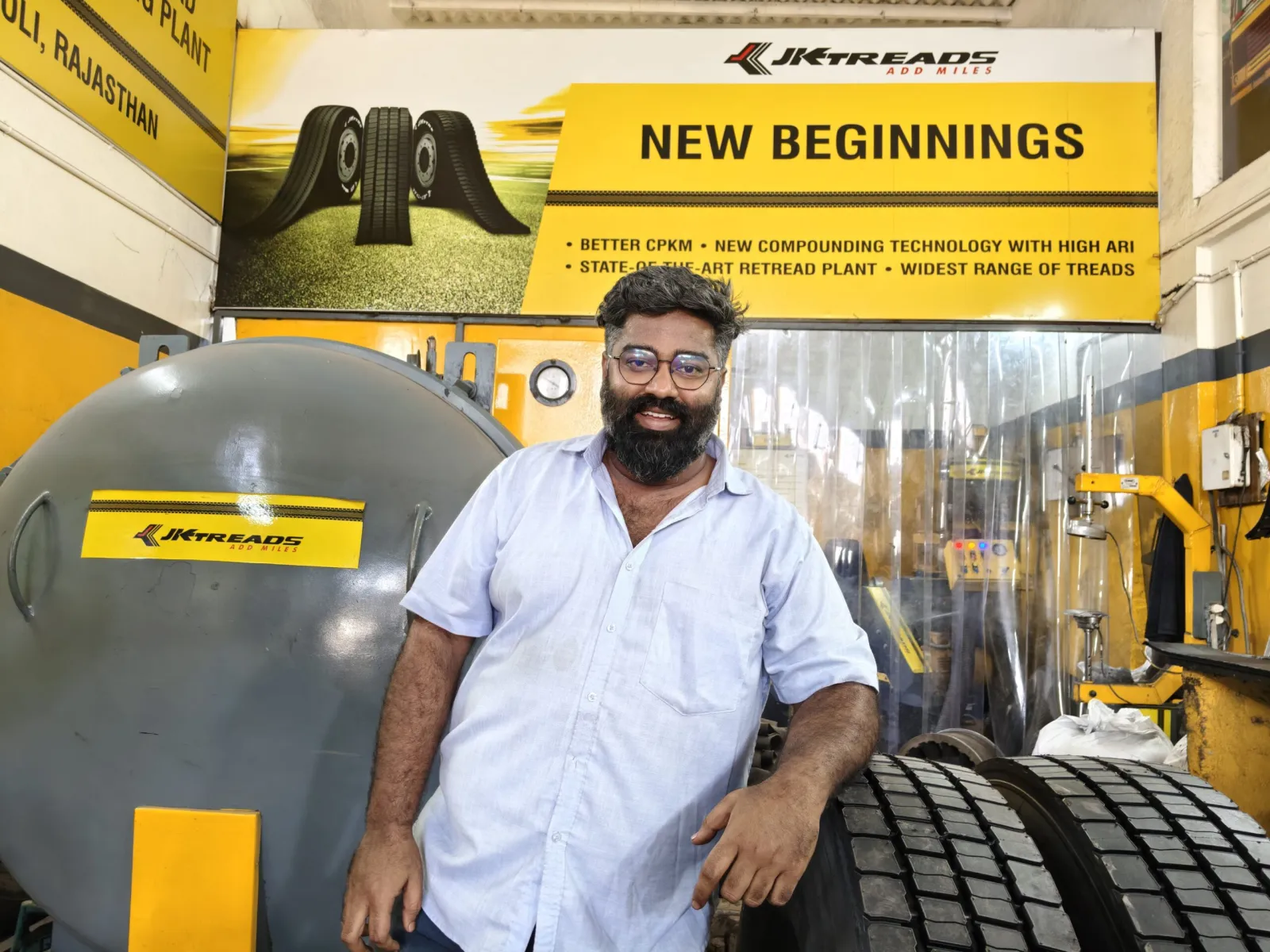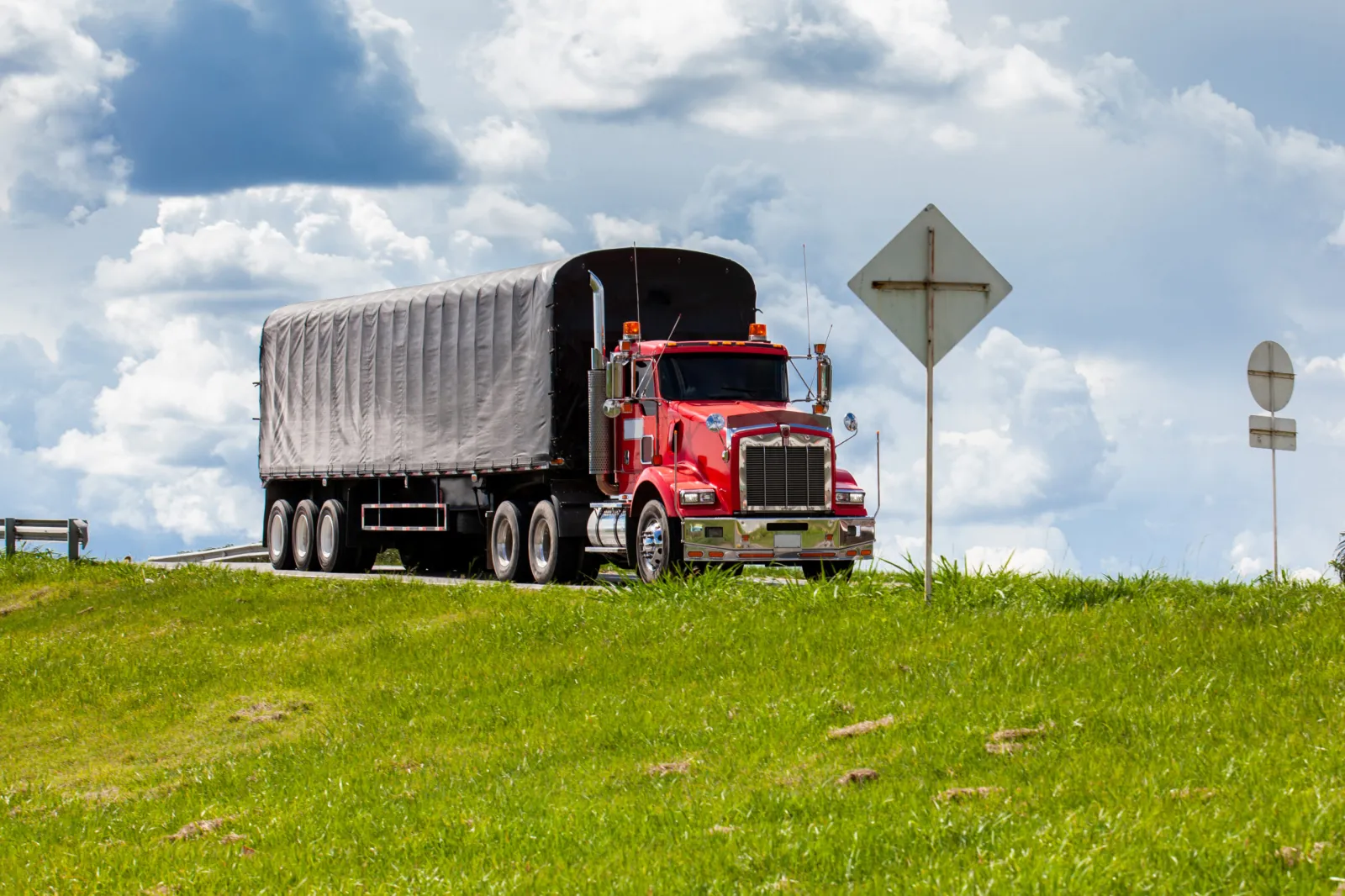In the last issue of 2024, Retreading Business examined the TRA’s investigation into Chinese tyre imports and their implications for the UK retreading industry. That investigation has now concluded, and its outcome marks a significant moment for the sector.
Significant Boost to UK Retreading
In a ruling with major implications for UK retreaders, the UK’s Trade Remedies Authority (TRA) recommended that duties on truck and bus tyres imported from China be extended for a further five years. The investigation engaged key industry stakeholders, including three principal trade bodies: the British Tyre Manufacturers’ Association (BTMA), representing UK producers; the Imported Tyre Manufacturers’ Association (ITMA); and the China Rubber Industry Association (CRIA), representing Chinese producers and exporters.
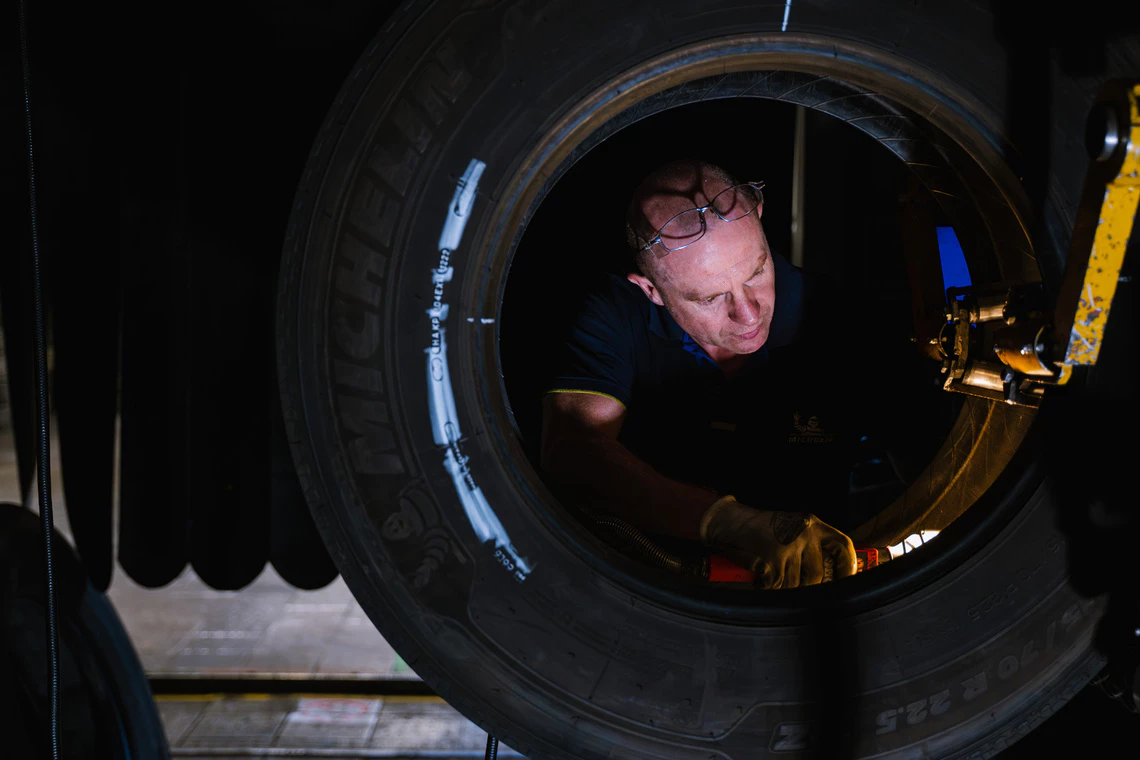
The TRA’s final recommendation was issued on 21 November 2024. It included recalculated anti-dumping and countervailing duty rates, sharply distinguishing between cooperating and non-cooperating exporters. For the review, the TRA treated Shanghai Hankook Tire Sales Co., Ltd, Chongqing Hankook Tire Co., Ltd, and Jiangsu Hankook Tire Co., Ltd as a single exporter group, the Hankook Group.
In the countervailing (anti-subsidy) review, the TRA recommended a duty of £0.00 per tyre for the Hankook Group, having found its subsidisation to be minimal. In the parallel anti-dumping review, the TRA recommended a duty of £9.83 per tyre for the Hankook Group and £45.71 per tyre for all other Chinese exporters. For non-cooperating exporters, the £45.71 anti-dumping rate would combine with the £64.41 countervailing duty to create a total of £110.12 per tyre.
Secretary of State’s Decision
On 31 July 2025, the Secretary of State published a notice tightening the TRA’s recommendation in part on public-interest grounds, varying the application periods for the anti-dumping and countervailing duties. While the duty rates recommended by the TRA remain unchanged: £0.00 per tyre for the Hankook Group and £64.41 per tyre for all other exporters under the countervailing measure, and £6.55 / £45.71 per tyre under the anti-dumping measure, The Secretary altered when these rates take effect and the application so that the duties are applied prospectively and align with WTO rules on prospectivity and fairness.
- Hankook Group: The lower anti-dumping duty of £6.55 per tyre applies retrospectively from 1 January 2021 until 12 November 2028. This backdating reflects the view that it was fairer to apply the reduced rate from the point of EU Exit, following the European Commission’s 2022 legal loss over the calculation of equivalent duties.
- All other overseas exporters: The higher anti-dumping duty of £45.71 per tyre applies prospectively from 1 August 2025 until 12 November 2028, in line with WTO rules on prospectivity and fairness.
The countervailing duty continues to apply for the same period, £0.00 for Hankook and £64.41 for all others, meaning non-cooperating exporters face a combined rate of £110.12 per tyre. All measures will expire on 12 November 2028 unless extended following an expiry review.

Scope and Injury Findings
The TRA confirmed that the scope of the measure remains unchanged, covering “new or retreaded, of rubber, of a kind used for buses or lorries, with a load index exceeding 121.” Requests to exclude new tyres were rejected after a scope assessment concluded that both new and retreaded tyres compete directly in the UK market.
The investigation reaffirmed that injury to UK retreaders would likely recur without the measures. This was based on an analysis of the injury period from 1 January 2019 to 31 December 2022, during which the UK industry remained fragile despite the existing protections. The TRA concluded that many Chinese exporters had benefited from countervailable subsidies, such as preferential financing, state-backed grants, and targeted tax relief, and that these supports were likely to continue.
The Authority’s economic interest test (EIT) determined that maintaining duties would benefit the UK economy. The TRA noted the measure’s importance to a vulnerable domestic industry and the environmental benefits of promoting multi-life retreadable tyres over single-use imports. Notably, no UK importer or consumer submitted comments challenging these findings during consultation.
Challenges from CRIA and Hankook
While the Hankook Group’s cooperation removed its countervailing duty and led to a lower anti-dumping duty, the company did not accept all the findings. In a 30 September 2024 submission, it disputed certain subsidy classifications. The TRA accepted some points, agreeing that certain grant schemes were not specific, but maintained that this did not alter the final subsidy calculation. Hankook’s challenge to the injury margin calculation resulted in a minor downward revision, from 5.07% to 4.97%.
The CRIA mounted a wider challenge, arguing the review should have ended the measures and criticising the classification of most Chinese exporters as non-cooperative. It contended that requiring companies with very limited UK sales to complete the full questionnaire was unreasonably burdensome. The TRA disagreed, stating these parties had not acted to the best of their ability to cooperate. It designated the non-cooperating companies accordingly, including RH Claydon Ltd, Giti Tire (UK) Ltd, Aeolus Tyre Co., Ltd, and others.
CRIA also argued that new and retreaded tyres occupy different market segments and should have been analysed separately. It objected to the TRA’s use of confidential evidence from an anonymous UK producer, but the TRA maintained this was consistent with its confidentiality rules. However, as anyone in the industry is aware, a lack of quality new casings is in itself a major challenge for retreaders, and CRIA’s argument does not address this reality.
Industry Navigates a Volatile Market
For the UK retreading sector, the decision offers welcome, if time-limited, stability. However, it does not shield the industry from wider pressures. The TRA noted rising imports from Vietnam and India, exerting downward price pressure. Industry leaders such as Jorge Crespo of Vaculug and Guy Heywood have warned that tariffs on China alone cannot counter global production shifts to countries without equivalent duties, such as Vietnam, Thailand, and Turkey.
Phil Robinson of Marangoni has previously pointed to ongoing freight volatility and rising domestic costs as additional threats. Nevertheless, he highlighted positive signs, including the opening of a major UK retread facility designed with sustainability and energy efficiency in mind, as a sign that the concept implied by the TRA is having some material impact.

While the TRA’s ruling signals the government’s intent to defend domestic production, it is not a guarantee of long-term security. Persistent low-cost competition from untariffed regions underscores the need for UK retreaders to remain engaged with trade authorities, invest in data gathering, and maintain a strong industry voice.
For now, the extension of duties gives UK retreaders a firmer footing in an increasingly complex market. The sector will need to use the stability of the next three years to prepare for a post-2028 environment where protective measures may no longer be in place.

